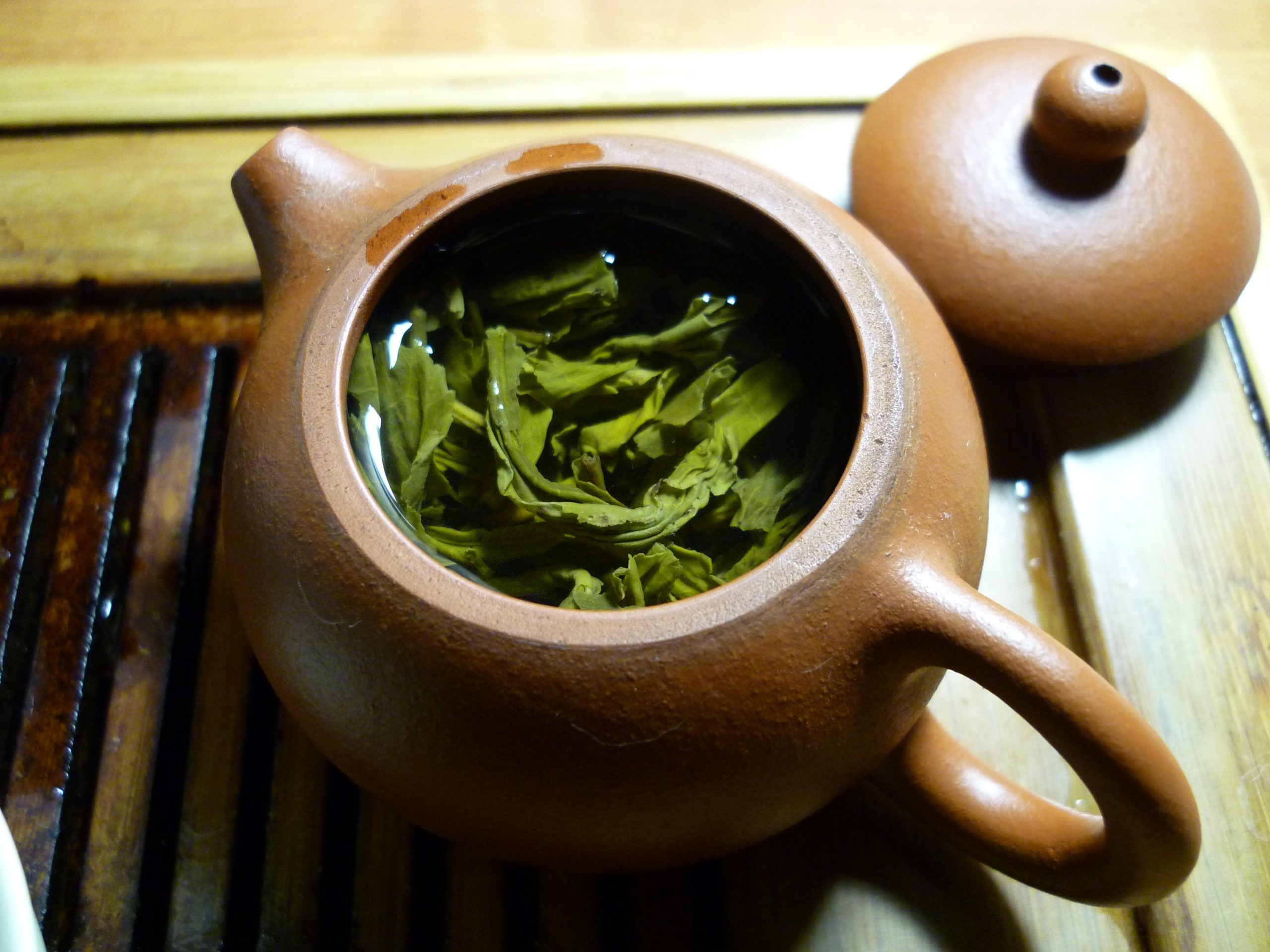Magnesium is one of those nutrients we don’t hear about too much, despite the fact that it’s one of the most abundant minerals in our bodies. Moreover, it’s the fourth most abundant mineral that we have! Magnesium – the key nutrient for fatigue helps you to have more energy, better sleep and less muscle cramps amongst many other health functions!
So what role does magnesium – the key nutrient for fatigue play?
Do we really need to be consuming magnesium or taking supplements?
Magnesium has many positive health effects including:
- Supporting the adrenal glands in producing energy hormones.
- Relaxing the bowel muscles and helps to ease constipation.
- Helping to stop chocolate cravings.
- Lowering our stress levels. In fact, magnesium is often referred to as the “relaxation mineral.” Serotonin, which is a natural mood stabiliser found mostly in our digestive system, requires magnesium for its production. Therefore, it is recommended that we take magnesium to help manage our stress, anxiety, and mood disorders. In turn, a magnesium deficiency can affect our stress level and emotional state.
- Also magnesium helps you to sleep by relaxing your muscles and helping to produce melatonin.
- Magnesium is used in hospitals and given to patients intravenously who are having heart palpitations – the magnesium helps slow down their heart rate.
- Numerous chemical reactions in our body, including making DNA.
- Helps maintain our brain function by relaying signals between our body and our brain. It prevents overstimulation of nerve cells, which could result in brain damage.
- Regulate muscle contractions – it works opposite to calcium to help our muscles relax. Magnesium is commonly recommended for treating muscle cramps and also PMS.
- Magnesium has also been linked to helping reduce the risk of many diseases, including arthritis, heart disease, and diabetes. Several studies have shown that migraine headaches are associated with low levels of magnesium.
Despite magnesium being so abundant in our body, many people don’t get enough of it.
Some studies say that up to 68% of adults don’t get enough magnesium in accordance with the recommended daily intake (RDI).
So how much magnesium should we be consuming on a daily basis to keep our body functioning as it should?
Adult men should consume 420 mg/day, while adult women should consume 320 mg/day.
There could be consequences from consuming too much magnesium or not enough magnesium:
- Too much magnesium can cause various symptoms, including diarrhoea, nausea, vomiting, lethargy, and irregular heartbeat. Therefore, you might not want to take a supplement that contains magnesium if you are already getting enough magnesium through your food and other sources.
- A magnesium deficiency (called hypomagnesemia) could lead to various health conditions, including muscle twitches and cramps, osteoporosis, fatigue, high blood pressure, asthma, heart disease, and diabetes.
Now that we know the importance of magnesium, where do we find magnesium?
Good news! There are plenty of magnesium-rich natural food sources.
- Pumpkin seeds (check out the recipe below for making Creamy Pumpkin Seed Butter)
- Raw almonds and cashews (raw nuts are better than roasted nuts – roasted nuts lose magnesium during the roasting process)
- Dark chocolate
- Black beans, peas, and soybeans
- Green leafy vegetables (spinach, kale)
- Whole grains (oat bran)
- Herbs (coriander, chives, dill, sage)
Magnesium can also be absorbed through the skin, so consider using a magnesium oil or lotion that contains magnesium.
But, clearly the easiest (and yummiest) way of getting in your daily magnesium – the key nutrient for fatigue, is to include plenty of food sources high in this multi-tasking mineral, such as creamy pumpkin seed butters!
RECIPE:
Creamy Pumpkin Seed Butter
Ingredients:
2 cups raw pumpkin seeds
1-2 tsp olive oil
Preparation:
- Preheat oven to 350 degrees.
- Spread the pumpkin seeds on a baking sheet.
- Bake for 10-12 minutes, until lightly golden.
- Cool for 15-20 minutes.
- Put the pumpkin seeds in a food processor.
- Run the food processor for approximately 4-5 minutes, until the pumpkin seeds begin to have the texture of butter. If necessary, stop the food processor and scrape the sides.
- Continue running the food processor for another 2-5 minutes until the pumpkin seeds have the texture of butter. Next add some of the oil, as needed, until the desired consistency is obtained.
- Finally pour spoon the pumpkin seed butter into a glass jar and store in a cool, dry place.
REFERENCES:
https://www.healthline.com/nutrition/what-does-magnesium-do
Photo by Towfiqu barbhuiya on Unsplash










